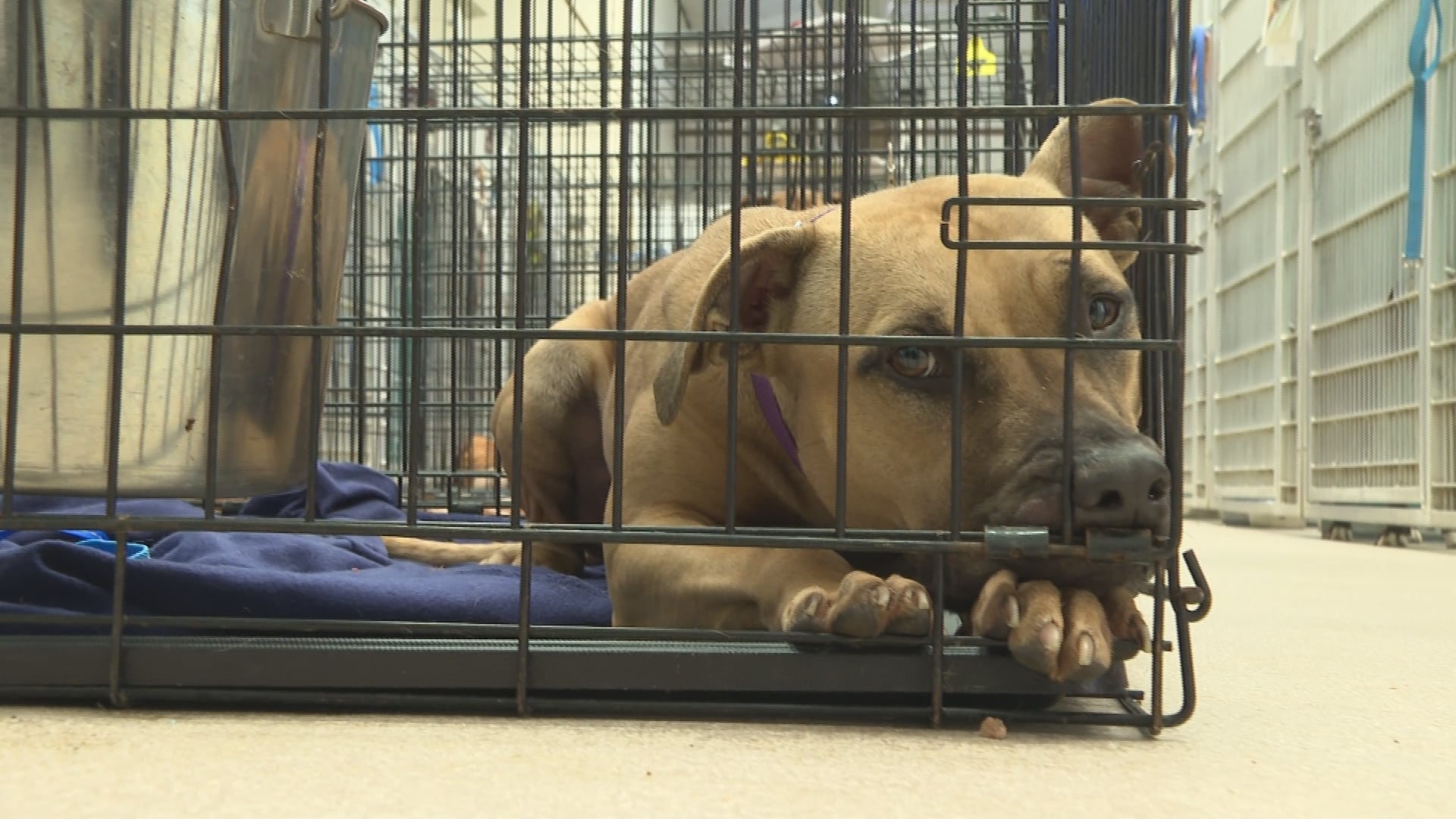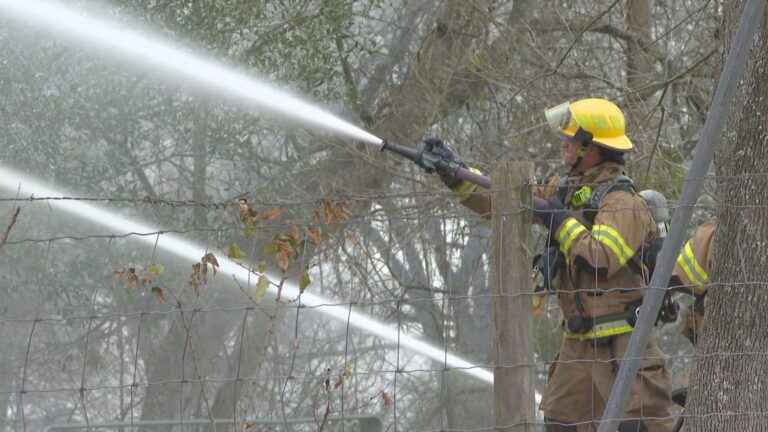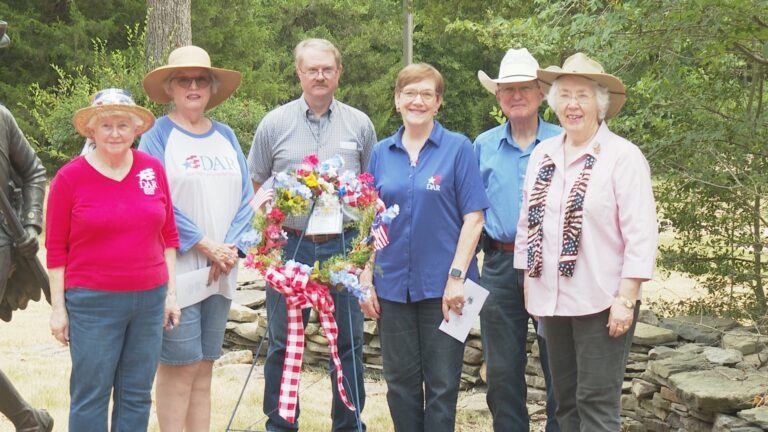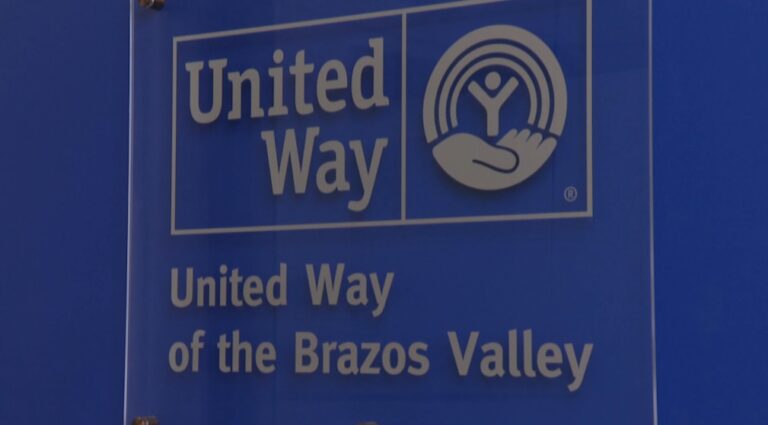Aggieland experts share advice for travel, keeping pets safe as mystery illness spreads
BRYAN, Texas (KBTX) – A new canine respiratory illness is spreading across the United States and while reports show it has not made its way to Texas, experts are still urging pet owners to be cautious this travel season.
It can begin with a runny nose and cough, but Dr. Lori Teller, a clinical associate professor at the Texas A&M College of Veterinary Medicine & Biomedical Sciences, says it can get worse from there.
“In more advanced cases your pet may not want to eat, just may be lethargic and lying around, and in really advanced cases have a difficult time breathing and have developed pneumonia,” she said.
This respiratory illness has been identified in 14 states. Professionals have called it severe and, in some cases, fatal.
But Dr. Teller says not much about the illness is known.
“We know that it’s respiratory so can be spread through the air. What we don’t know is how long it may linger in the environment. So this is dog to dog, your dog has to run up and start sniffing around with another dog, or if it may linger in the environment for several hours after an infected dog has been through the area, that piece we just don’t know,” she said.
This can be tough as owners head out of town for the holidays, and may look for a boarding facility to take their pets. Aggieland Humane Society says this is where people need to be asking facilities questions before dropping off their pups.
“Talking to that boarding facility and asking what do they require of the patients that they have in their care if you’re calling someone and they say, oh we just make sure they have a rabies that might be a red flag because you want to make sure your pet is going somewhere that has pretty strict guidelines for parvo distemper. And of course all those respiratory illnesses,” Executive Director, Katrina Ross, said.
No cases have been reported in Texas as of Dec. 4. Aggieland Humane Society is currently looking for holiday fosters to help with the animals in their care through the cold season.







